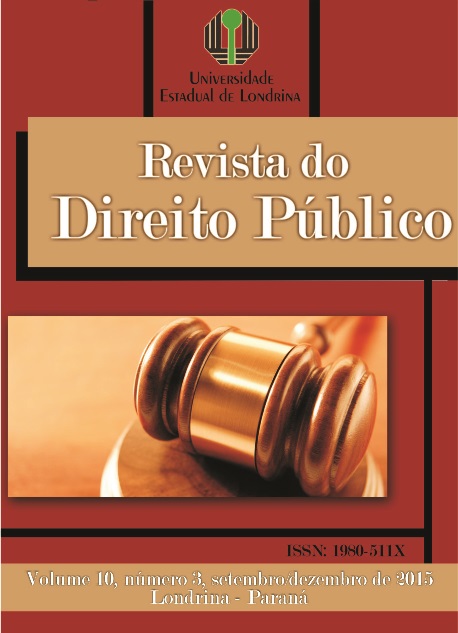The leniency agreement: ananalysis of constitutional compatibility and legitimacy
DOI:
https://doi.org/10.5433/1980-511X.2015v10n3p31Keywords:
Leniency Agreement, Anticorruption Law, Legality, Corruption.Abstract
The scope of this study is to analyze the institution of the Leniency Agreement, notably under the light of theAnticorruption Law provision (Law 12.846 of 2013)and theRegulatory Decree 8.420 of 2015. At first, the leniency agreement will be widely studied, mainly within the North American system to, simultaneously, investigate it in the contextof the Anticorruption law. Next, its possible (in) constitutionality will be refuted. Then, a parallel between Leniency Agreements and the dialogic Public Administration will be made, based on Habermas discursive theory. Finally, it will show that the Leniency Agreement constitutes a legitimate constitutional tool and, in addition, it configures as an effective consensual mechanism to fight corruption in a democratic soil.Downloads
Downloads
Published
How to Cite
Issue
Section
License
Copyright (c) 2015 Revista de Direito Público

This work is licensed under a Creative Commons Attribution-NonCommercial-NoDerivatives 4.0 International License.
Os autores cedem à Revista do Direito Público, direitos exclusivos de primeira publicação, com o trabalho simultaneamente licenciado sob a Licença Atribuição-NãoComercial-CompartilhaIgual 4.0 Internacional. Esta licença permite que terceiros façam download e compartilhem os trabalhos em qualquer meio ou formato, desde que atribuam o devido crédito de autoria, mas sem que possam alterá-los de nenhuma forma ou utilizá-los para fins comerciais. Se você remixar, transformar ou desenvolver o material, não poderá distribuir o material modificado.












